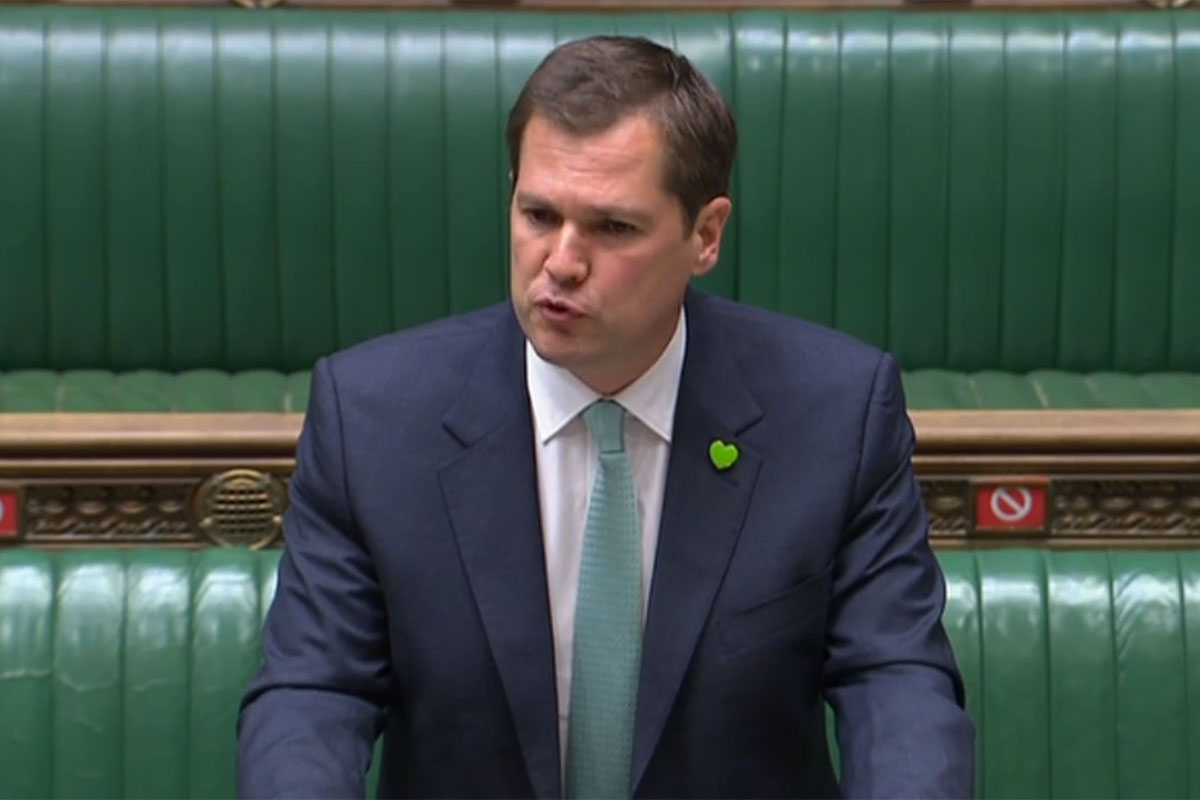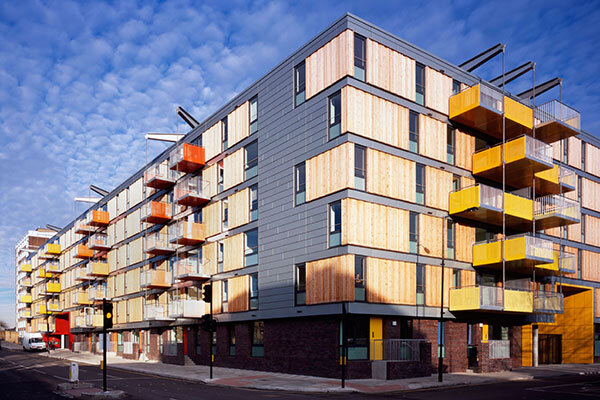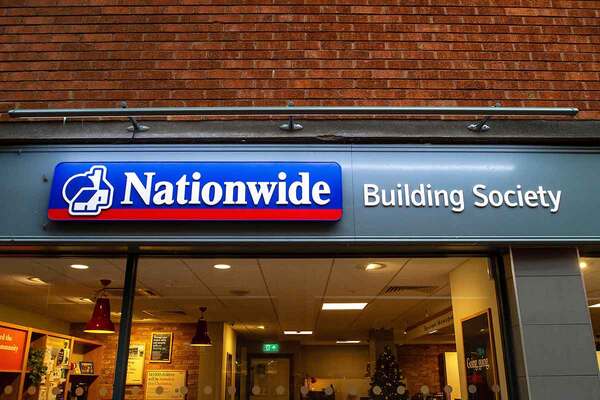You are viewing 1 of your 1 free articles
Pincher blames ‘risk-averse’ lenders for £0 valuations on buildings that need little work
The housing minister has blamed “risk-averse” lenders and insurers for giving properties £0 valuations due to fire safety risks, despite some buildings needing next to no remediation work.
Speaking in parliament yesterday, Christopher Pincher took aim at the banking and insurance sectors, saying they need to take a more proportionate approach and that the government was working with the sectors to improve things.
Hundreds of thousands of leaseholders living in blocks deemed unsafe by External Wall System 1 (EWS1) forms cannot sell their homes because mortgage lenders have valued them at £0.
The EWS1 form was introduced by the Royal Institution of Chartered Surveyors (RICS) in December 2019 and provided a framework for surveyors to assess the compliance of a building’s facade.
Following consolidated government guidance published in January last year, lenders began to demand these forms for blocks of flats at any height, leaving residents in the many buildings that failed the checks unable to sell without costly refurbishment work.
In July, former housing secretary Robert Jenrick said he had received expert advice on the risk to UK buildings and concluded that lenders should not ask for EWS1 forms on blocks shorter than 18 metres as there is “no evidence of systemic risk of fire in blocks of flats”.
But following Mr Jenrick’s comments, some of the country’s largest mortgage providers told Inside Housing that they will not change their policies until current guidance from government and the RICS is revoked and replaced.
The RICS also stated that low and medium-rise blocks found to need remediation work after fire safety are still likely to need that work before banks will provide mortgages, despite Mr Jenrick’s assertion.
On Monday, during questions to ministers from the Department for Levelling Up, Housing and Communities (DLUHC), Mr Pincher reiterated Mr Jenrick’s stance, claiming there are “far too many lenders and insurers who are being risk-averse”.
Former Labour minister Hilary Benn called for a comprehensive place to address the “nightmare” leaseholders are facing, which includes huge bills for ‘waking watch’ patrols, inflated insurance premiums and remediation works to make their buildings safe.
The government has allocated £5bn to its Building Safety Fund, but leaseholders in blocks under 18 metres are not eligible to apply for funding.
Mr Benn said: “One of my constituents received a service charge bill for £103,000 to fix cladding for which they are not responsible, requesting sums of money that they do not possess.”
He added that it is “evident to all of our constituents is that the measures that the government has announced thus far are insufficient to bring this nightmare to an end”.
Mr Pincher agreed that “there are many people caught up in a very terrible situation”.
“That is why we have spent already over £5bn of public money on remediating the highest rise tall buildings and we will be bringing forward further proposals to deal with some of the other issues that he identifies,” he said.
He said the issue “needs to be brought back into proportion”.
The housing minister added: “There are far too many lenders and insurers who are being risk-averse and have been ascribing zero values to properties where no remediation or very little remediation is necessary.
“We’re working with that sector to make sure we fix it and we will.”
Sign up for our fire safety newsletter
Already have an account? Click here to manage your newsletters












